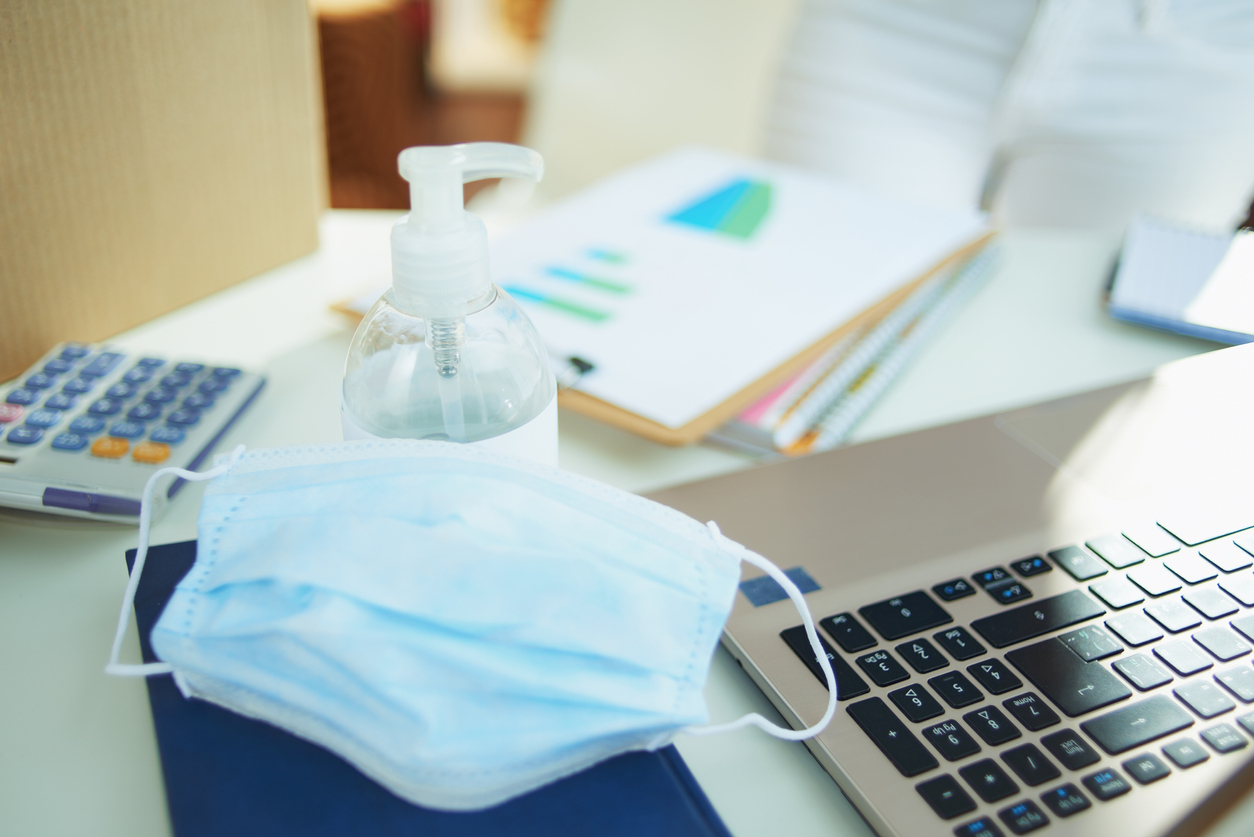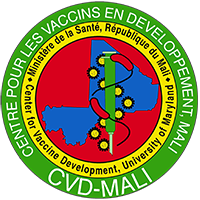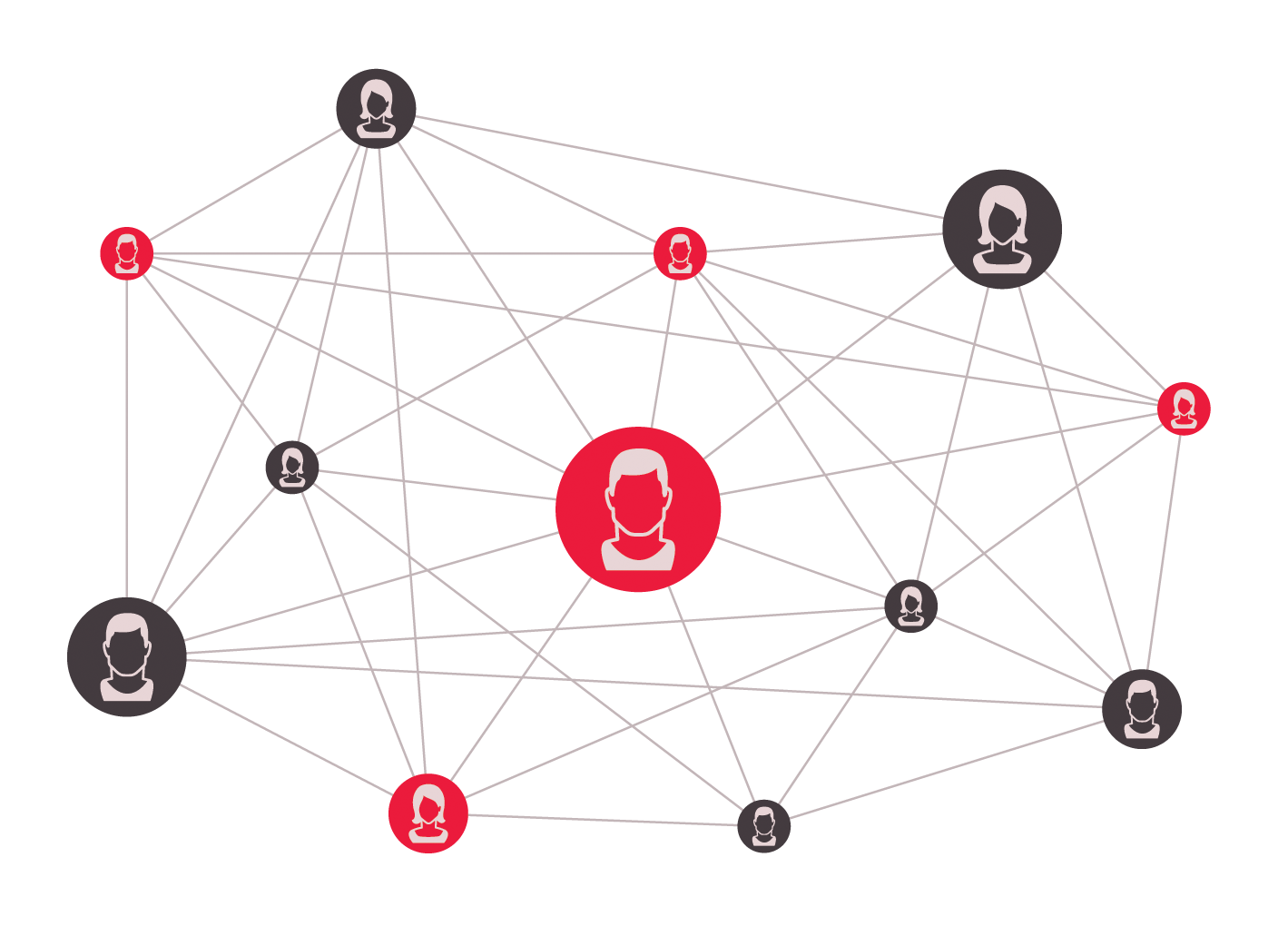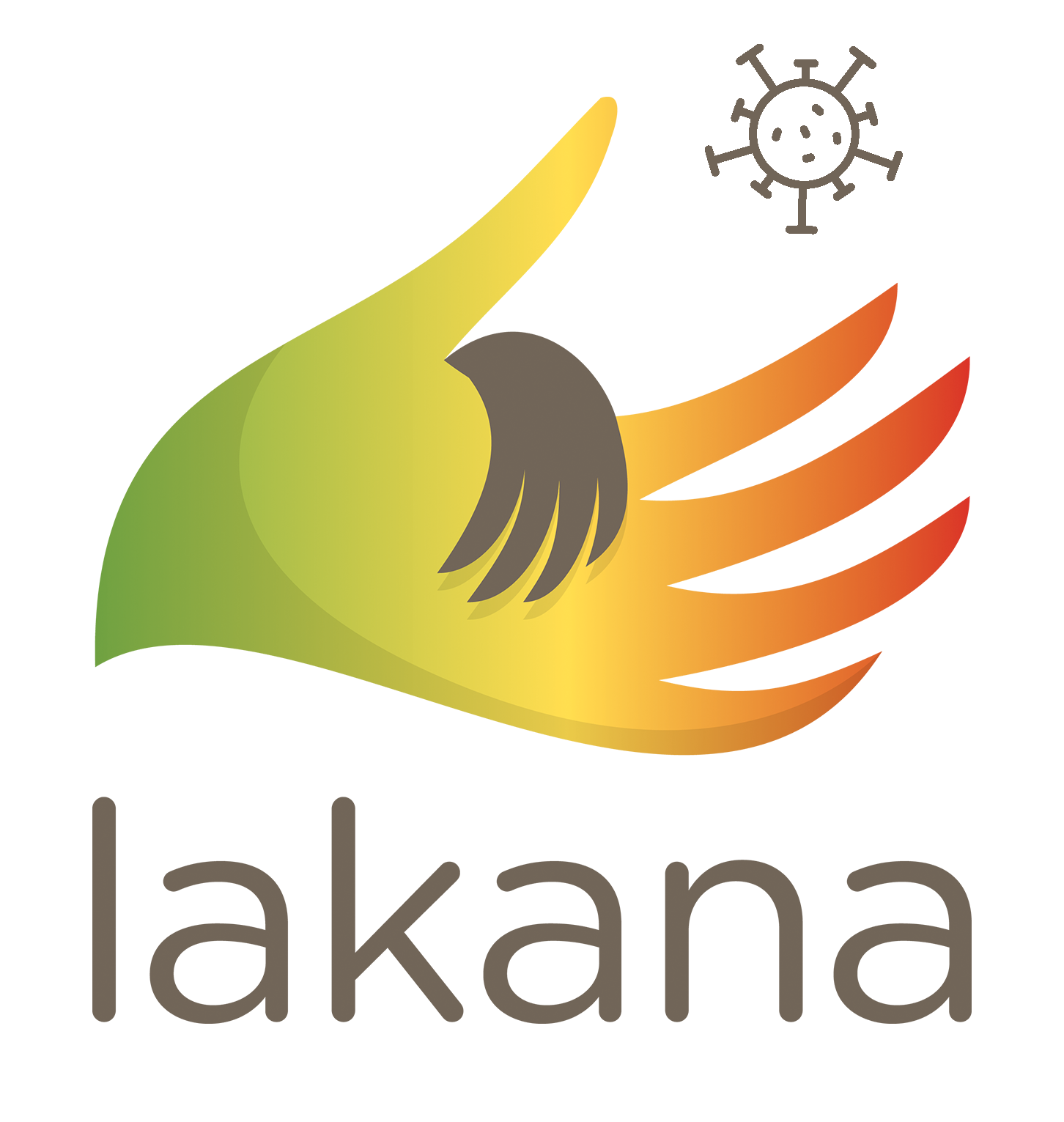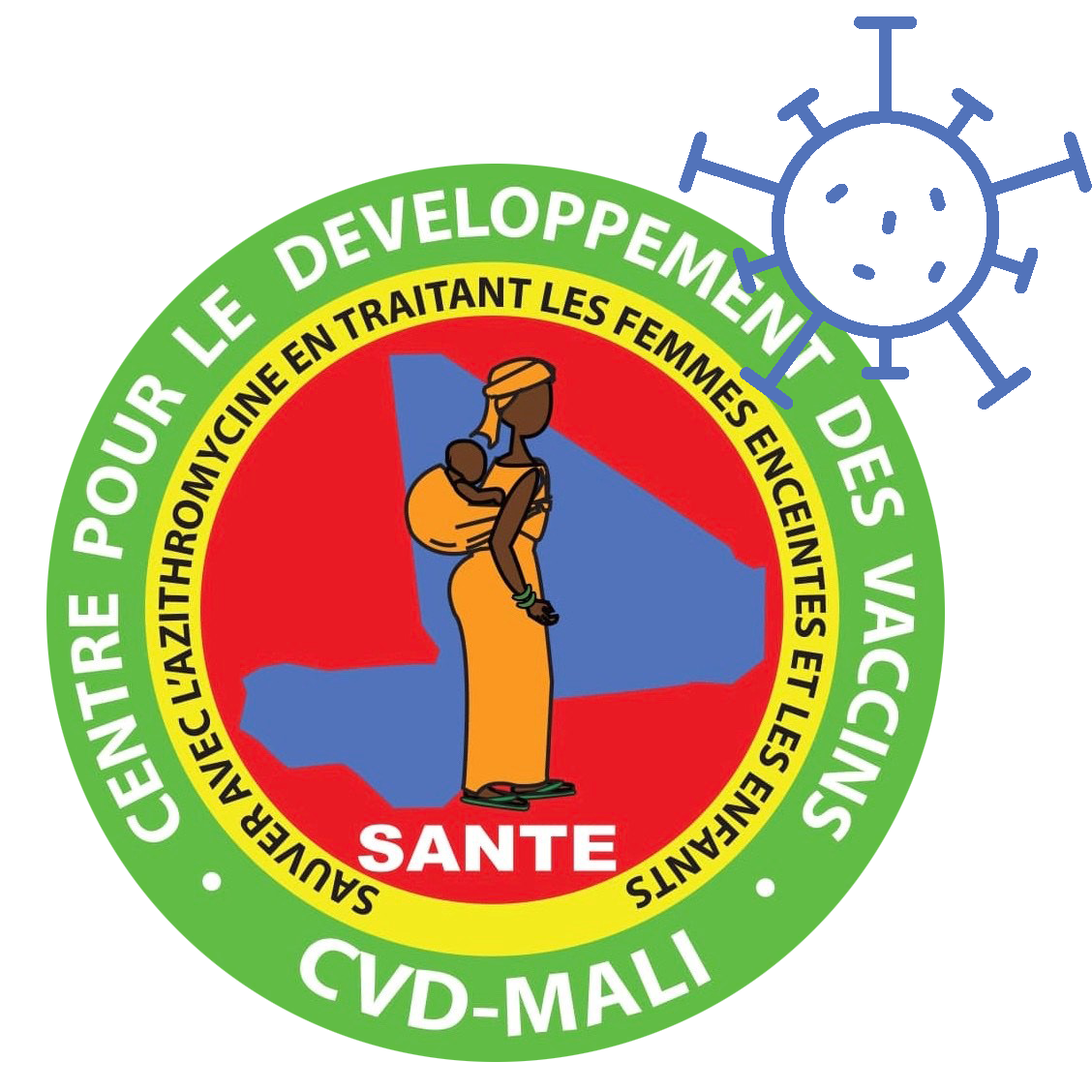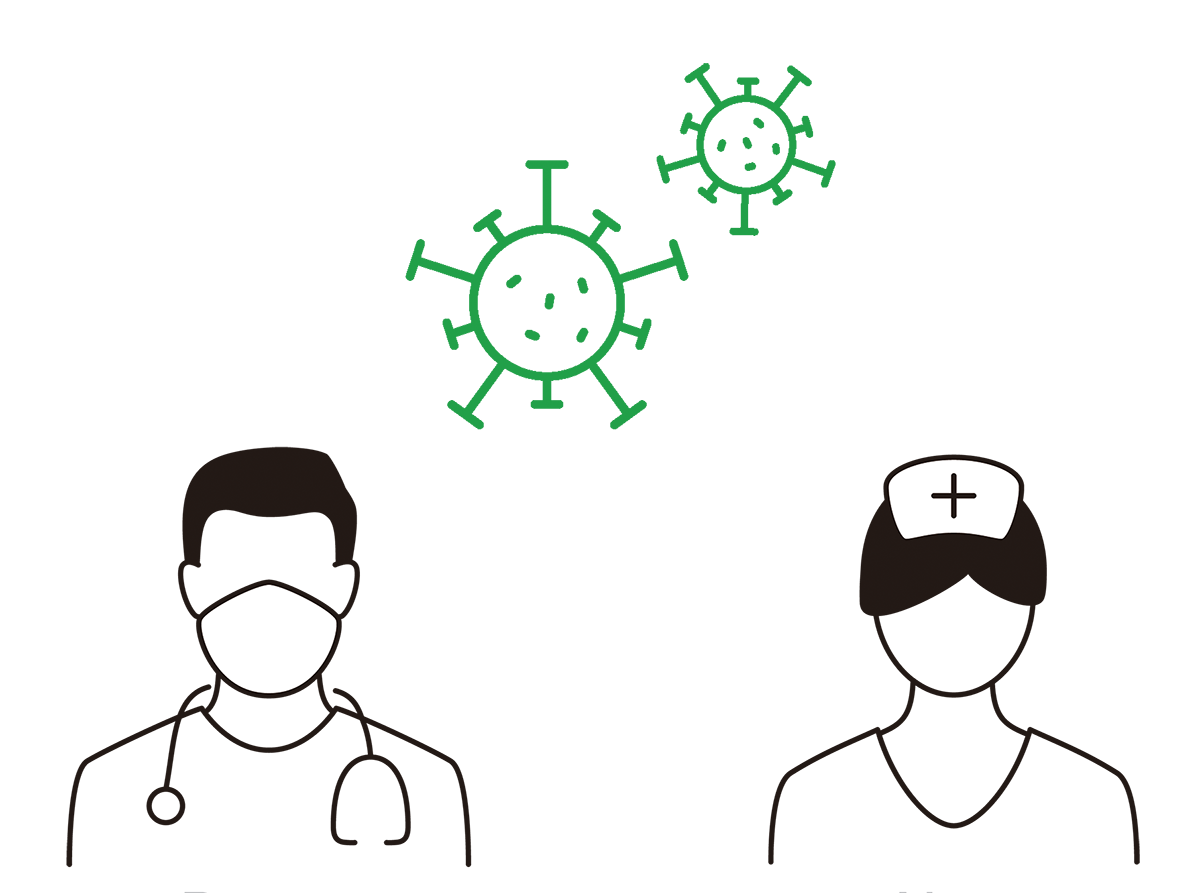managing risk
Like many similar organisations, CVD-Mali has had to weigh the risks associated with sending teams to various parts of the country – and potentially accelerating the spread of the coronavirus – against the other, significant risks related to completely curtailing our activity.
After careful consideration, and with the support and help of our many financial and technical partners, CVD-Mali has transformed a number of its existing programmes – for as long as may be necessary – into COVID-19 response programmes (details of which can be found below).
Making use of the structures and infrastructure already in place for these programmes, CVD-Mali will implement a public health response in all the regions in which it is currently operational: Bamako, Kayes, Kita, Koulikoro and Koutiala.
The response will focus on Covid-19-related training, communications, provision of and training in the correct use of personal protective equipment (PPE) and virus and surveillance (including serosurveys and laboratory analysis of suspected cases).
